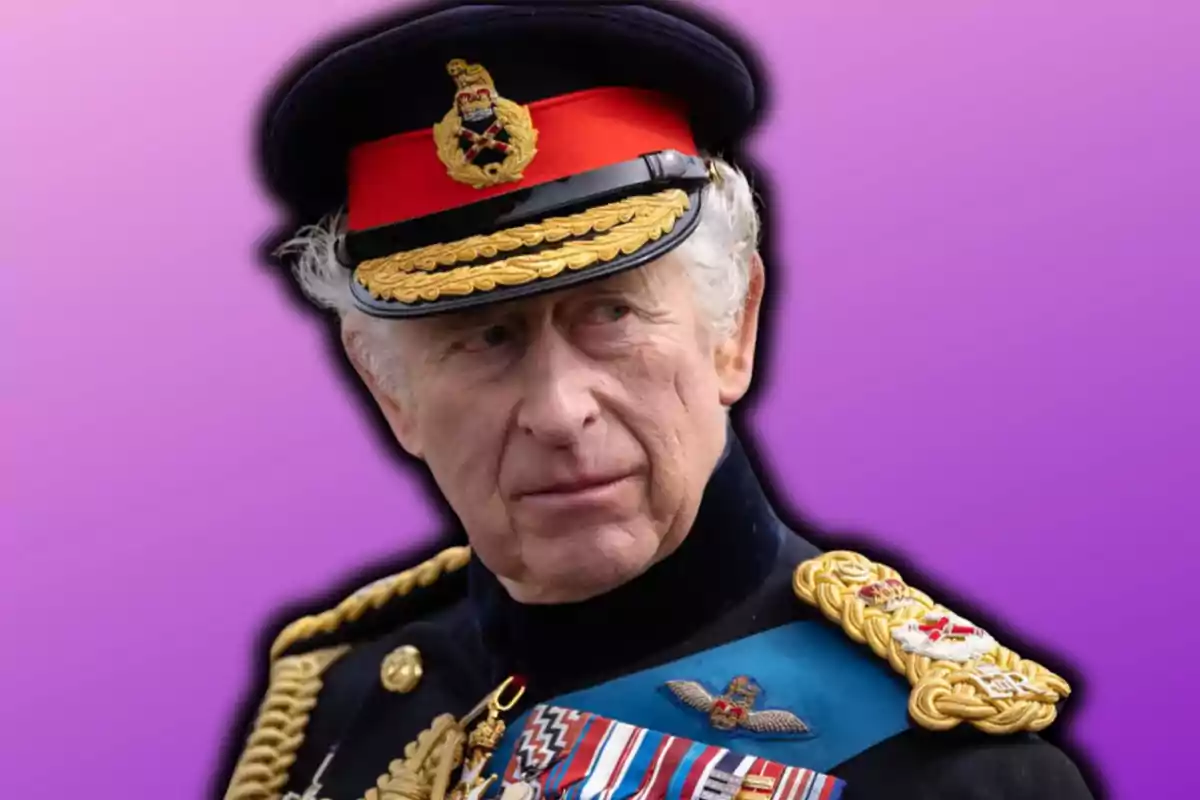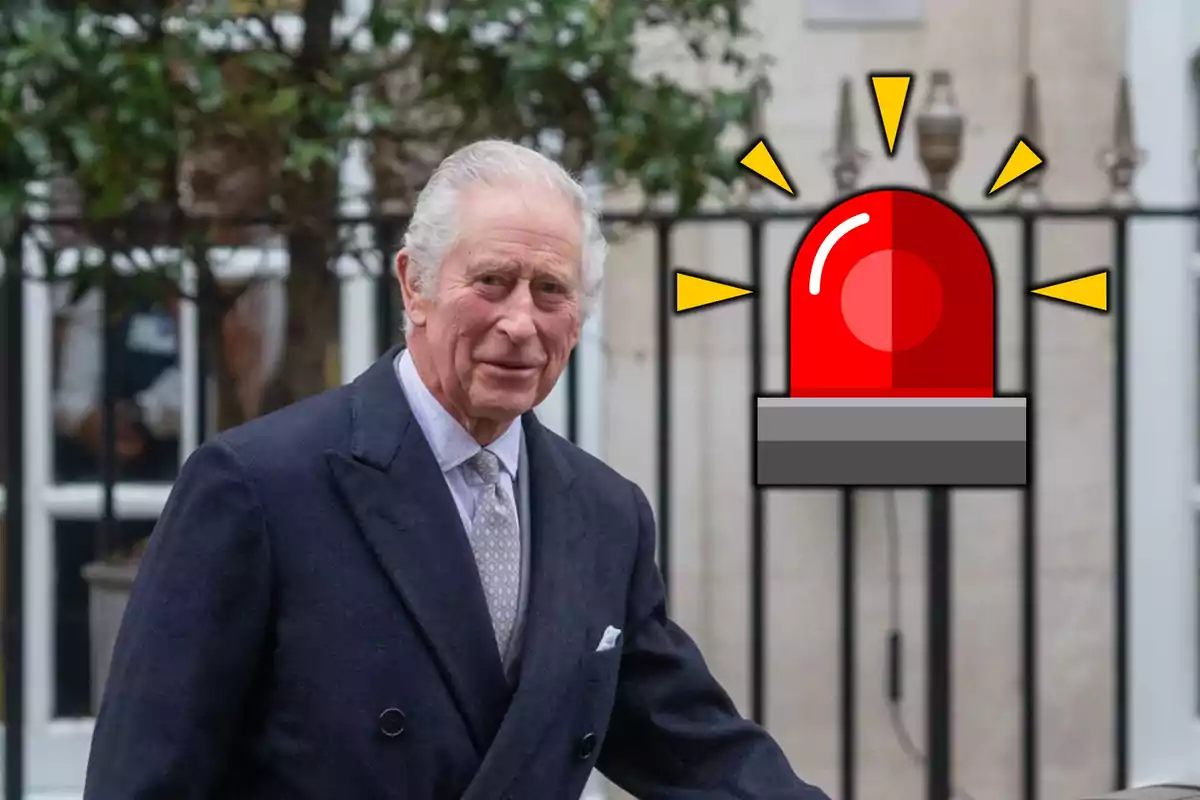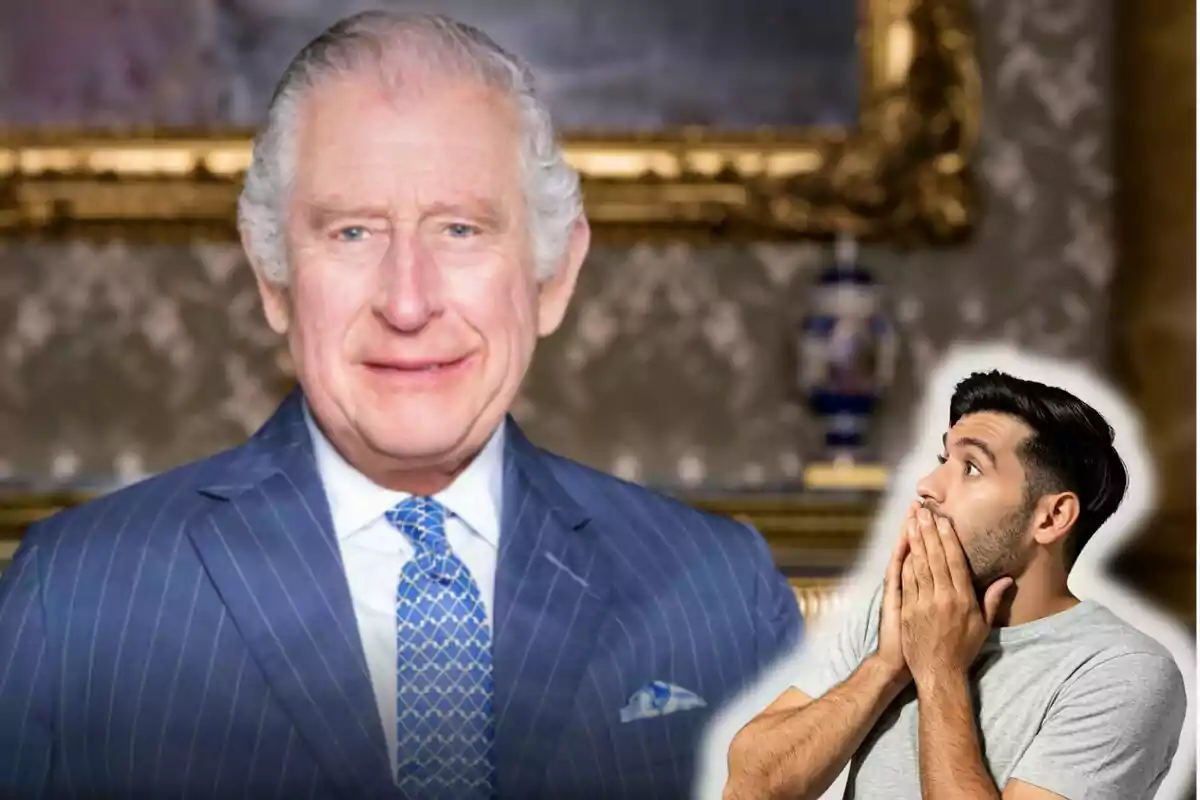When it was announced in 2024 that Charles III had cancer, few imagined that the monarch would choose unconventional paths. Months after starting chemotherapy, he reportedly made a surprising turn toward an alternative therapy. This decision, published in tabloid media, adds a new chapter to his already intense life marked by tradition, controversy, and a strong support for alternative medicine.
Charles III uses the Gerson therapy
According to journalist Concha Calleja on the program "Fiesta," the king follows an expensive and exhausting routine of daily coffee enemas, juices, and supplements. The so-called Gerson therapy would include a daily coffee enema for three weeks, 13 juices a day, injections of cod liver extract and vitamin B12, with an estimated cost of €4,900 ($4,900) per week, plus an extra €20,000 ($20,000) for the injections.
Although the side effects reportedly forced a brief hospitalization at the end of March—when he suspended part of his schedule—media outlets such as EFE and Swissinfo stated that this setback was only a temporary issue.

Doctors warn of risks and lack of scientific evidence
Experts have pointed out that this therapy doesn't have clinical support: Cancer Research UK and the National Cancer Institute have already dismissed any real usefulness and warned about possible dangers from excessive enemas. Some doctors even recommended strengthening chemotherapy, considering it a safer option after his hospitalization.
The original protocol by Max Gerson, discovered among civilian allies, was widely discredited for lacking scientific rigor and for being associated with serious risks.
Charles III's historical stance on alternative medicine
This isn't an isolated case. Since 1982, the then prince showed strong support for complementary medicine. In 2004 he even publicly recommended coffee enemas, citing anecdotal cases of "terminal patients who were cured." His foundation and medical appointments have been criticized for promoting therapies not endorsed by science.
This new decision only reinforces his already well-known defense of alternative therapies, despite frequent warnings from the scientific community.

Official reactions and Buckingham Palace's tone
To date, Buckingham has avoided making any statements. They haven't denied the news, but they also haven't confirmed that chemotherapy has been stopped. Their silence suggests that the United Kingdom's strategy is to keep discretion, avoiding details that could cause public alarm.
Sources linked to the Palace indicated that, after his brief hospitalization, the king resumed state duties and keeps an "incredibly well" activity despite the medical adjustments.
The king's health and future expectations
Royal analyst Camilla Tominey, from the Telegraph, has indicated that Charles III's cancer is "manageable though incurable," and that it's unlikely he will die from the disease, as long as he follows proper treatment. In addition, the monarch has recently expressed his optimism: in Bradford he said he felt "in the best phase" of the treatment.
Nevertheless, the range of methods used and the lack of health transparency pose a dilemma. There is concern about when and how chemotherapy will be resumed, and whether he will return to the path of conventional medicine.

